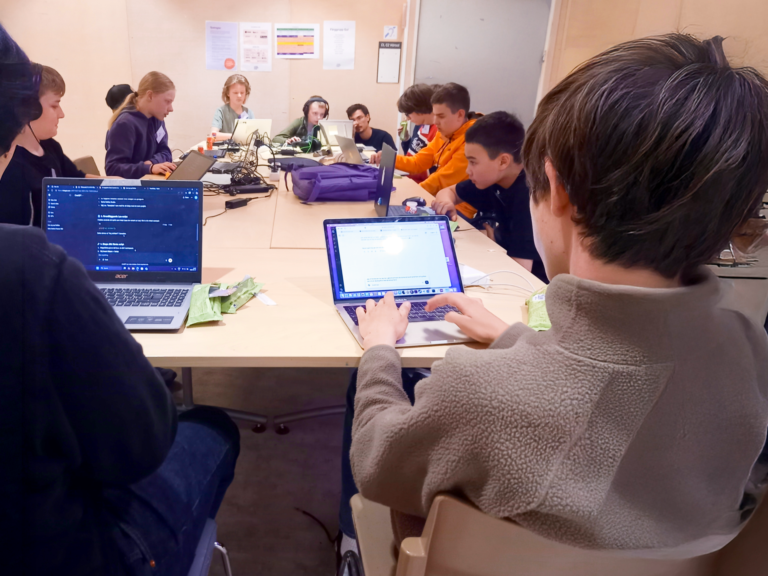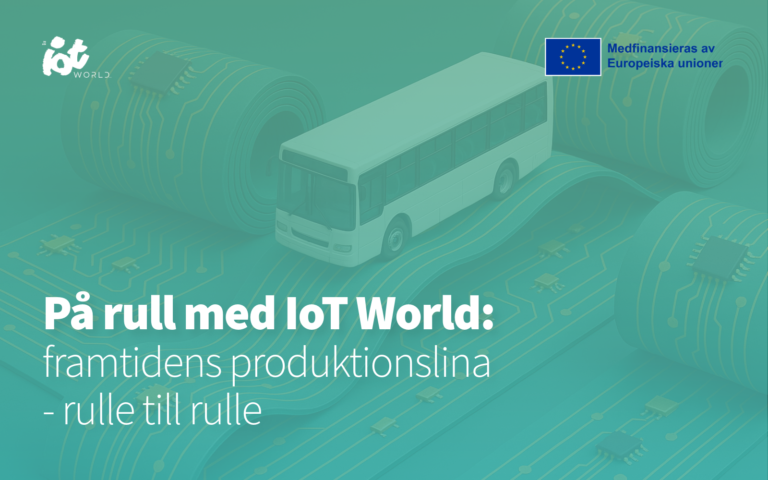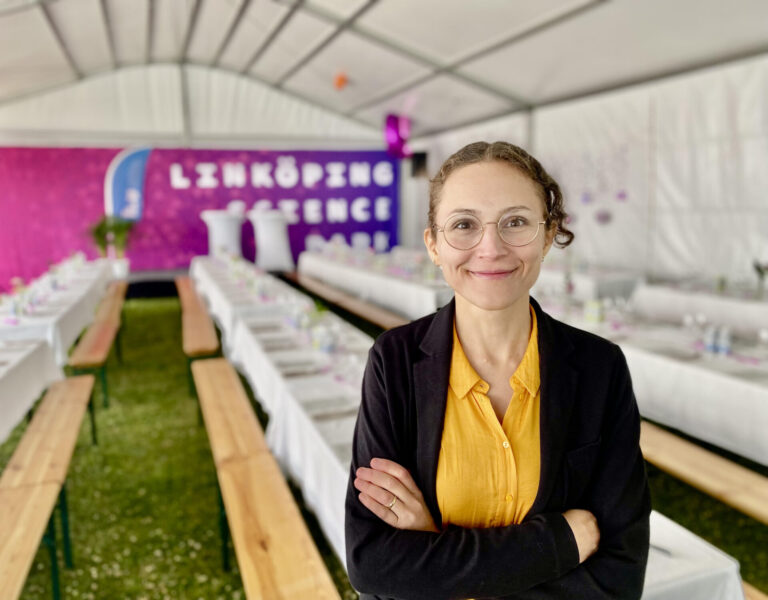Renewable energy is in high demand when society and industry work towards electrification. Sweden has made a name for itself in the strive for the green transition, but we need to boost our moving pace! The present multitude of climate changes and global crises make energy optimization and electrification challenging.
To solve this infrastructural stress, we need to break the mold and optimize, digitize, and collaborate like never before.
One of the many initiatives is the project ELsmarta Östergötland, funded by European Regional Development Fund. The project aims to take a comprehensive approach to the transition towards a fossil-free East Sweden region. It is a collaboration between six partners, focusing on mobilizing and taking the lead on different actions and responsible areas within this scope.
The possibilities are near endless in Linköping, the city teeming with new tech startups and scaleups. Ivana Alilovic is the Project Manager for ELsmarta Östergötland since June 2022. Operating under Linköping Science Park, she has led the project in its collaborative and inclusive gist. The Science Park’s extensive networks and innovation clusters make it an invaluable connective hub and driver for the project’s success.
During this fall, Ivana interviewed several regional businesses to identify their key drivers for a transition to renewable energy.
“It’s clear that the very present electricity crisis has spurred many businesses to take charge of their own energy consumption. We see many companies focusing on the most tangible actions, like switching to more energy efficient lighting or optimizing the ventilation to prevent air leaks. Even though basic steps like that are important, we rather need to move forward in leaps to be able to meet the global sustainability goals. The city of Linköping sees innovation technology thriving and the businesses in our region have many fantastic solutions readily available. But in many cases the customers are not yet mature enough to adopt the new thinking. Especially as energy supply has never been considered an issue nor a business-critical matter.”
“The gap between the customers’ digital maturity and the suppliers’ solutions is a challenge to bridge over,” Ivana points out. “However, with the strength and readiness of the University and the Science Park at heart, the region of Östergötland is well equipped to tackle this challenge. Through this extensive ecosystem, that spans innovations, research, and initiatives, we can offer actions even beyond the regional borders, to a national level.”
Increased electrification and transition require many actors to work together. Within the project’s scope, the Science Park is used as a hub where the potential needs of a business can be matched by an existing solution, study, or trial. This way, businesses and suppliers can forge strong and long-lasting bonds. Offering co-creative arenas where the different initiatives strengthen the offerings is something that Ivana feels passionate about. In November, she arranged a workshop with Linköping municipality and Tekniska Verken, called ‘Viable Cities’. It’s mission – Climate Neutral Cities 2030.
The next event is scheduled for February, focusing on behavioral changes.
“Recently, the topic of behavioral changes has been raised in more forums than ever before. It’s evident that we need to take a new approach to our energy consumption, not only due to economic reasons but also to minimize our over-consumption. Right now, “sufficiency” is one of my favorite words! Another hot topic is “prosumers”. Renewable technologies will help us in that regard. For instance, by installing solar panels or forming energy cooperatives, we ourselves produce the electricity that we use. This so-called ‘prosumtion’ behavior is one of the many ways towards our future energy system.”
Ivana points out that we need to adapt to the new circumstances of a changing world, both as individuals and business owners. In many cases, the tools and innovations are already there, we just need to adopt them.
“It’s clear that businesses need to learn new methods to engage their consumers in the transition. One such method is nudging, a low-cost incentive to change someone’s behavior. And by digitizing, we can make the transition even smarter. During the upcoming event in February, we will delve into how gamification, serious games and visualization can facilitate this process, “says Ivana. She also encourages readers to contact her or the other project partners to join in the upcoming activities.
In May 2023, she plans to hold a larger co-event. The topic is not yet decided but stay tuned!
“We tend to think that energy is something that is infinite and “just there”, Ivana concludes. “But to move ahead we instead need to consider sustainability and the interplay between energy sources. A business that acts more circularly, energy efficiently and that optimizes power usage, electrifies, and digitizes will stand stronger. With that strength and focus, I’m confident that citizens and business can co-create a sustainable future.”
A closer look at the collaborative partners
The region of Östergötland and the County Administrative Board work on a strategical level, making sure to eliminate obstacles in the green transition. This is realized through community planning, mapping future regional demands and by strengthening the interaction between public and private power suppliers and distributors for both short and long term.
The East Sweden Energy Agency create an awareness regarding the region’s power shortage, grid infrastructure and transmission capacity. With broad competence in the energy sector and the know-how to lead and coordinate projects, they help companies both large and small to get established in the region.
Linköping University uses the project’s framework as an opportunity to create an increased knowledge and understandings of energy optimizations in regional small and medium-sized enterprises. This is realized by organizing networking events and mapping the businesses’ power output.
Logistikia is a knowledge-sharing platform for companies, public actors, researchers, and students. Their focus in this project is electrification of the heavy goods vehicles. The current topics are how to secure the infrastructure for charging and battery swapping as an alternative.
Linköping Science Park uses its extensive collaborative network to inject energy and further drive the wealth of innovation initiatives in the region. In the project, digitization is promoted as a tool for a faster, smarter and more efficient transition to renewable energy.

